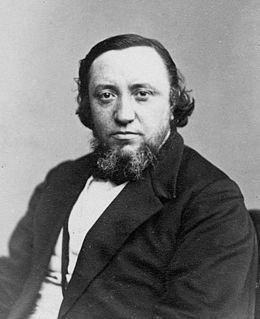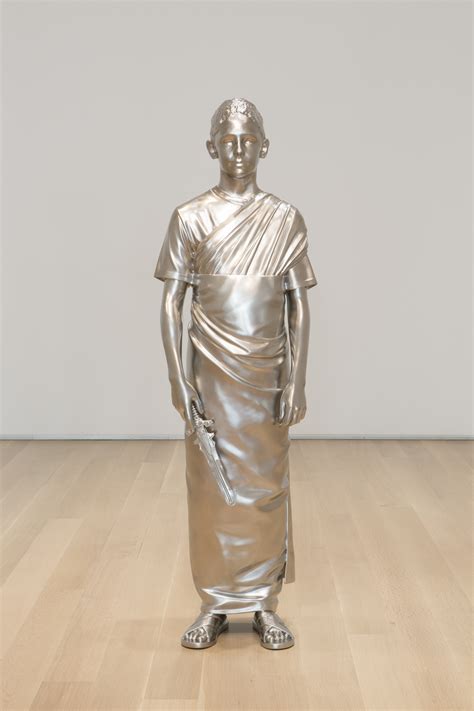A Quote by Jean Chatzky
Find the autonomy in your work. Autonomy is key to feeling good about the work you do, no matter what kind of work it is.
Related Quotes
Work begets work. Just work. If you work, people will find out about you and want to work with you if you're good. So work anywhere you can. That's why I've changed my mind about these theatres where people work for free or have to pay money. I think it's kind of terrible that they feel they have to, but you know what? They're working.
Work is rich. It can be looked at psychologically or philosophically or personally. The interpretive nature of work is different than the work itself. The interpretation of work isn't the key to understanding it. I'm worried about making a good sculpture. I'm not so worried about the interpretation of it.
Usually, when you're talking about work with other writers it's because something seriously bad is going on with your work and you've absolutely thrown out a lifeline and you're hoping that someone will help you with something. Either there's some bad feeling you have about the work, or sometimes it's not specific - just kind of solidarity.
By and large a good rule for finding out is this: the kind of work God usually calls you to is the kind of work a) that you need most to do and b) the world most needs to have done. If you really get a kick out of your work, you've presumably met requirement a), but if your work is writing TV deodorant commercials, the chances are you've missed requirement b).
You make good work by (among other things) making lots of work that isn't very good, and gradually weeding out the parts that aren't good, the parts that aren't yours. It's called feedback, and it's the most direct route to learning about your own vision. It's also called doing your work. After all, someone has to do your work, and you're the closest person around.
You have as great an opportunity for satisfaction in the performance of your duty as I do in mine. The progress of this work will be determined by our joint efforts. Whatever your calling, it is as fraught with the same kind of opportunity to accomplish good as is mine. What is really important is that this is the work of the Master. Our work is to go about doing good as did He.
































